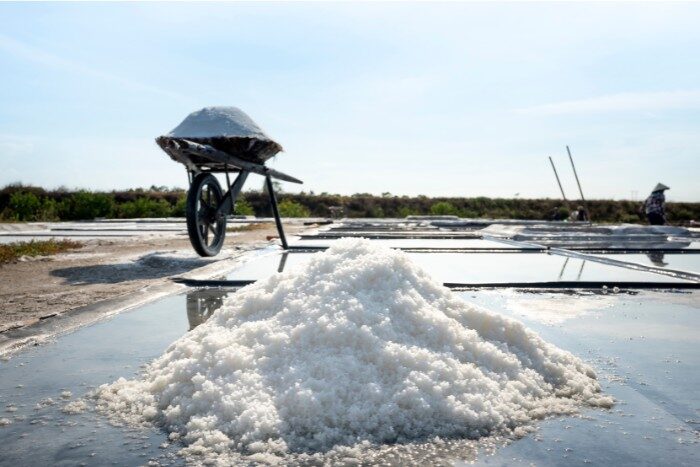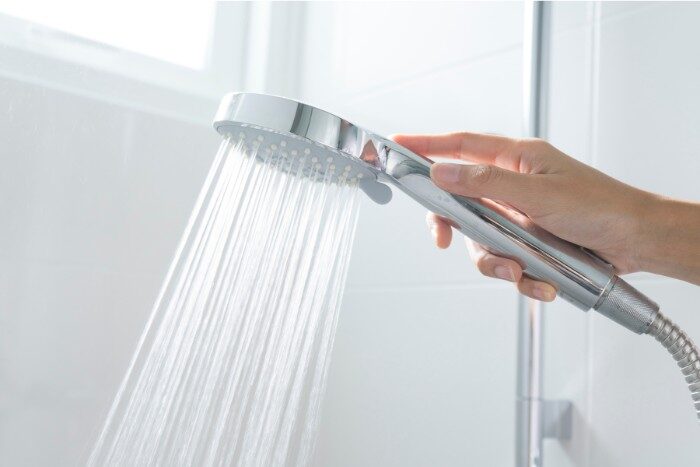
Have you ever wondered what defines soft water and how it differs from hard water? Grasping the properties of soft water is essential for homeowners considering water treatment options. This article delves into the chemical composition, indications, advantages, and potential drawbacks of soft water, providing a comprehensive overview.
Defining Soft Water
Water’s ability to dissolve substances makes it a universal solvent. As it traverses soil and rock, it accumulates minerals like calcium and magnesium. The concentration of these minerals determines water hardness. When water contains minimal amounts of calcium and magnesium—typically between 0 to 17.1 parts per million (ppm)—it is classified as soft water.
Chemical Composition of Soft Water

In soft water, the low levels of calcium and magnesium are often replaced by higher concentrations of sodium ions, especially when treated with water softening systems. These systems typically use sodium chloride or potassium to exchange hardness minerals for sodium ions.
Identifying Soft Water

Soft water exhibits distinct characteristics:
- Texture: It feels smoother and may impart a slippery sensation during bathing or washing.
- Taste: Due to increased sodium content, soft water can have a slightly salty flavor, though this is often subtle.
- Cleaning Efficiency: It enhances soap lathering, resulting in more effective cleaning with less detergent.
- Residue: Soft water minimizes mineral deposits on fixtures, dishes, and surfaces, reducing the occurrence of water spots and soap scum.
Advantages of Soft Water

Utilizing soft water in households offers several benefits:
- Enhanced Cleaning: Soft water improves the effectiveness of soaps and detergents, leading to cleaner laundry and dishes.
- Appliance Longevity: By preventing scale buildup, soft water extends the lifespan of plumbing systems and water-using appliances.
- Energy Efficiency: Appliances like water heaters operate more efficiently without mineral deposits, potentially reducing energy consumption.
- Skin and Hair Health: Soft water can leave skin feeling smoother and hair more manageable, as it doesn’t leave behind mineral residues.
Potential Drawbacks of Soft Water

While soft water offers numerous advantages, it’s important to consider potential downsides:
- Sodium Content: The increased sodium levels in softened water may be a concern for individuals on sodium-restricted diets.
- Environmental Impact: The discharge from water softening systems can contribute to environmental concerns due to the release of salt brine.
- Taste Preferences: Some individuals may notice a difference in taste and prefer the flavor of hard water over soft.
Soft Water in Daily Life

Incorporating soft water into daily routines can lead to noticeable improvements:
- Laundry: Clothes may feel softer and colors can remain vibrant longer due to reduced mineral interaction.
- Bathing: Reduced soap scum leads to cleaner showers and tubs, and personal care products may perform better.
- Cooking: Some people find that soft water enhances the flavor of foods and beverages, though this is subjective.
Understanding the characteristics of soft water is crucial for making informed decisions about water treatment in your home. While soft water offers significant benefits in cleaning efficiency and appliance maintenance, it’s important to weigh these against potential considerations like increased sodium content. By evaluating both the advantages and drawbacks, homeowners can choose the water quality solutions that best fit their health needs and lifestyle preferences.

For more information on water softening systems and to explore options tailored to your needs, visit Clear Water Concepts.


